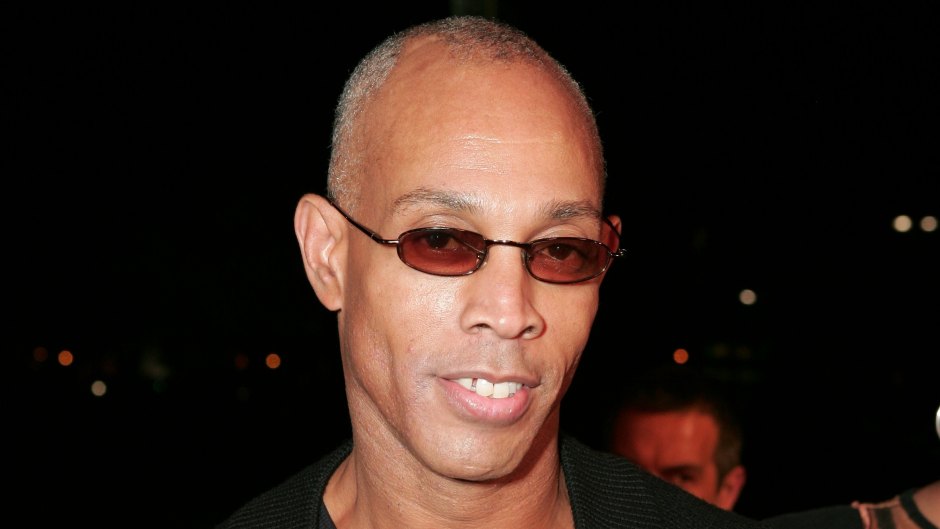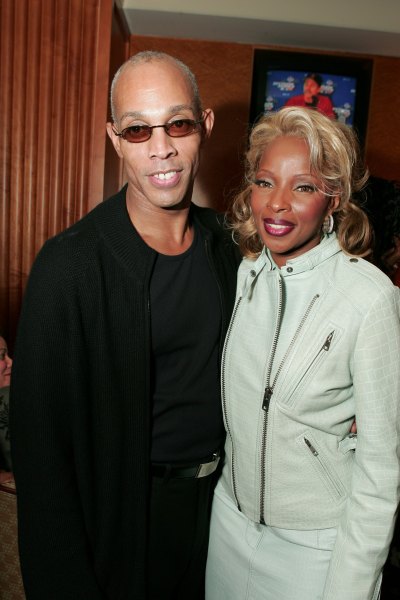
Bei/Shutterstock
Ray Charles’ Son Robinson Recalls Sweet Memories With His Late Father: ‘He Talked to Me About Music’
When Ray Charles Robinson Jr. was about 6, his legendary musician dad bought him a candy- apple-red Schwinn bicycle for Christmas. Despite the bike being a little too big, Ray’s wife Della Bea told her son, “‘Your dad is going to take you outside and teach you how to ride,’” Robinson recalls to Closer Weekly magazine, on newsstands now. “I was like, ‘How is he going to do that? He’s blind.’” Della Bea smiled and said, “Your dad can do anything.” Sure enough, Ray pushed his son down the sidewalk on the bike. “I’d take three pedals and then fall off,” Robinson says with a laugh. “The bike was simply too big! But he would just clap and say, ‘That’s my son!’ ”
Robinson now knows his mom was right: There wasn’t much Ray Charles couldn’t do — from overcoming a traumatic childhood and kicking drug addiction to winning 17 Grammys. He still marvels at his dad’s resilience and talent, and cherishes the sweet memories of a father who listened to him, loved to play chess and taught him to stand on his own. “I think that was a driving force in his life,” Robinson says of Ray’s independence. “It had to be, because of his discipline and what he was able to do.”

Growing up poor in Greenville, Florida, Ray had a difficult childhood. His younger brother, George, drowned when Ray was 5, and Ray started to lose his eyesight around the same time. Robinson, 65, recalls his dad speaking about his mother, Aretha, and how she’d say, “You’re going to go blind and you’re going to have to get up every morning and figure out how to live the best life you can!” It wasn’t easy. But Ray’s love of music helped him through his life’s most painful struggles, including his mother’s death when he was just 14. “I was born with music inside me,” said Ray, who learned to use braille music in school. “It was a force within me when I arrived on the scene. It was a necessity for me, like food or water.”
In 1960, Ray’s career skyrocketed with the success of “Georgia on My Mind.” Although he was gone more, Robinson — who produced 2004’s hit film Ray — says his dad “made a point to reach out to us and talk. He would sit me on his lap and run my hands over a reel-to-reel tape and tell me what the tape recorder did,” he recalls fondly. “He talked to me about the music he listened to. I could still smell this cologne we used to get him.”
Despite his love for his family, Ray earned a reputation as a womanizer while out on tour. “He was not a man who believed in monogamy,” says David Ritz, who cowrote the singer’s biography, Brother Ray. In 1977, he and Della Bea divorced — but Ray’s extramarital affairs were only part of their troubles.
Ray’s drug addiction took a major toll on the family. Robinson remembers how at age 6 he found his dad bleeding after Ray had severely cut himself while high. “I think that was the fork in the road for him,” says Robinson, “and he chose to live.” Ray went to rehab in 1965, got clean “and never looked back,” his son says.
Robinson hopes to be able to share more stories about his dad in the coming years, possibly in a Netflix series or on Broadway. “There’s so much to show,” he tells Closer. “It’s been 16 years since Ray was made, so there’s a whole new generation of children who don’t know what he did. He stayed true to his roots and his gift was the music.”
Lisa Chambers, with reporting by Katie Bruno
For more on this story, pick up the latest issue of Closer magazine, on newsstands now.






































